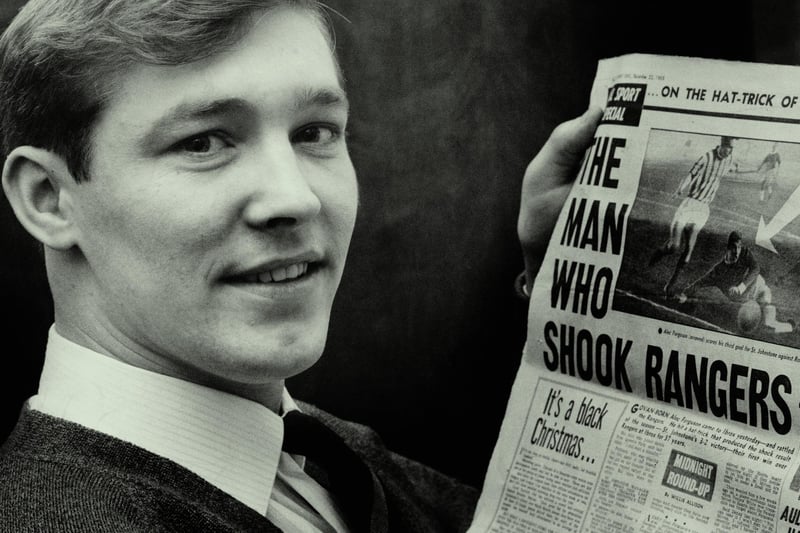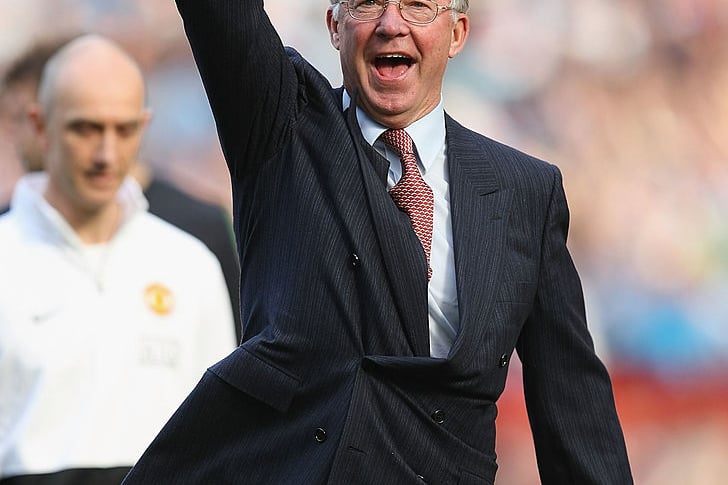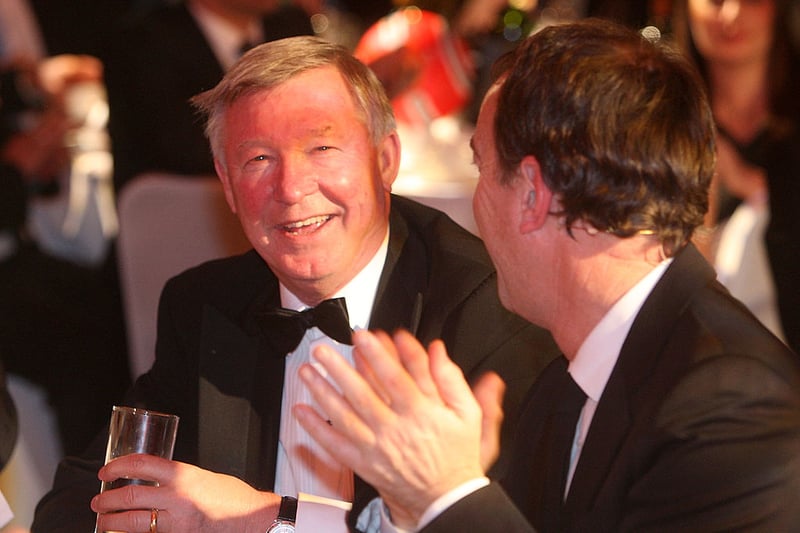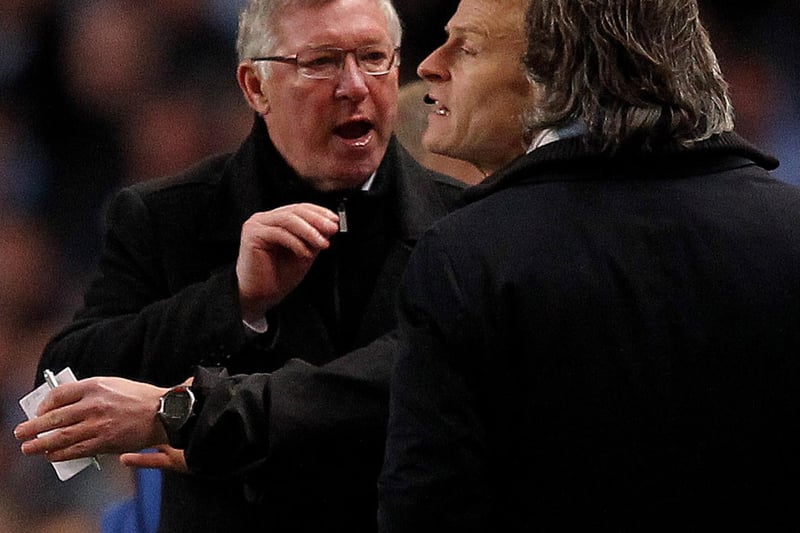Sir Alex Ferguson: he’s one of the biggest football figure to ever come out of Glasgow, and for good reason - he’s a historic man who completely shook up one of the biggest football leagues in the world.
The boy who would become a British footballing legend was born in his grandmother’s home on Shieldhall Road in Govan on December 31, 1941. His father was Alexander Beaton Ferguson, a plater’s helper in the shipbuilding industry, and his mother, Elizabeth Ferguson (nee Hardie), was described by Ferguson as a ‘strong socialist’, which would influence Alex Ferguson’s life-long political leanings.
He grew up in a tenement at 667 Govan Road, which has since been demolished, living wiith his parents and his younger brother Martin, who also became a footballer for Partick Thistle and Greenock Morton. Martin Ferguson is currently the chairman of Airdrieonians F.C.
Growing up Alex Ferguson attended Broomloan Road Primary School and later Govan High School. He began his football career at home in Govan with the Harmony Row Boys Club before moving on to Drumchapel Amateurs, the place to be for aspiring professional footballers of the era.
While playing in the junior leagues the Govan boy would also take on an apprenticeship as a toolmaker at a factory in Hillington, eventually being appointed a union shop steward.
Alex Ferguson eventually secured a contract with Queens Park Rangers, where he debuted as a striker at just age 16. After three years, scoring 20 goals in his 31 games for Queen’s Park, he upped sticks and moved to St Johnstone on a part-time contract as he failed to secure a regular place on the Queen’s Park Rangers side.
At St Johnstone he would work in a Govan shipyard during the day before travelling up to train with the team in Perth. His biggest moment for the squad would come when he made a name for himself by beating Rangers with a surprise hat-trick in December of 1963.
After four years with St Johnstone, he would move on to sign for Dunfermline for a year, before finally ending up at Rangers in 1967. Ferguson joined the Ibrox side for £65,000, which was a record fee at the time for a transfer between two Scottish clubs.
Ferguson had a bad time at Rangers, and was excluded from the team, both socially, and literally when he was moved to the juniors team after he failed to mark Celtic captain Billy McNeill effectively in the 1969 Scottish Cup Final.
Ferguson would go on to play for Falkirk and then finished his playing career at Ayr United in 1974.
Sir Alex Ferguson took on managing after that, beginning at East Stirlignshire, before quickly moving to St Mirren for four years. It wasn’t until he began managing Aberdeen in 1978 that he would begin to be noticed in the wider footballing world.
He would completely rejuvenate a shabby Aberdeen club into a northern powerhouse, who won numerous domestic trophies, and one in Europe. He would manage Aberdeen for eight years and even the Scottish National team in 1985, before leaving to settle down at Manchester United.
Alex Ferguson’s work at Man United is the stuff of legends - in less than 20 years after taking the management of the club over, he had won the English team eight Premiership titles, five FA Cups, one European Cup-Winners Cup, one League Cup and the Champions League trophy.
He secured the Champions League title for a second time in 2009. He retired from management at the end of the 2012–13 season, having won the Premier League in his final season.
Despite his success, Alex never forgot his origins - reportedly proudly hanging a sign in his office in Old Trafford which read ‘ACUMFAEGOVAN’.

1. STTSnews-17-02-21-alex hat trick-SCOT
“It’s a fact of life that where we come from is important. You come out with an identity. I come from Govan. I’m a Govan boy.” Photo: Mirrorpix

2. Alex Ferguson on giving it your all
“I’ve never played for a draw in my life.”(Photo by Matthew Peters/Manchester United via Getty Images)

3. Alex Ferguson on Italian cuisine
“When an Italian says it’s pasta I check under the sauce to make sure. They are innovators of the smokescreen.”

4. Alex Ferguson on the last few minutes
“It’s getting tickly now - squeaky-bum time, I call it.”(Photo by Alex Livesey/Getty Images) Photo: Alex Livesey
